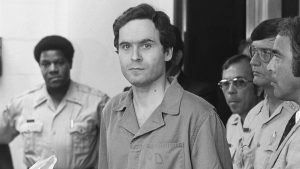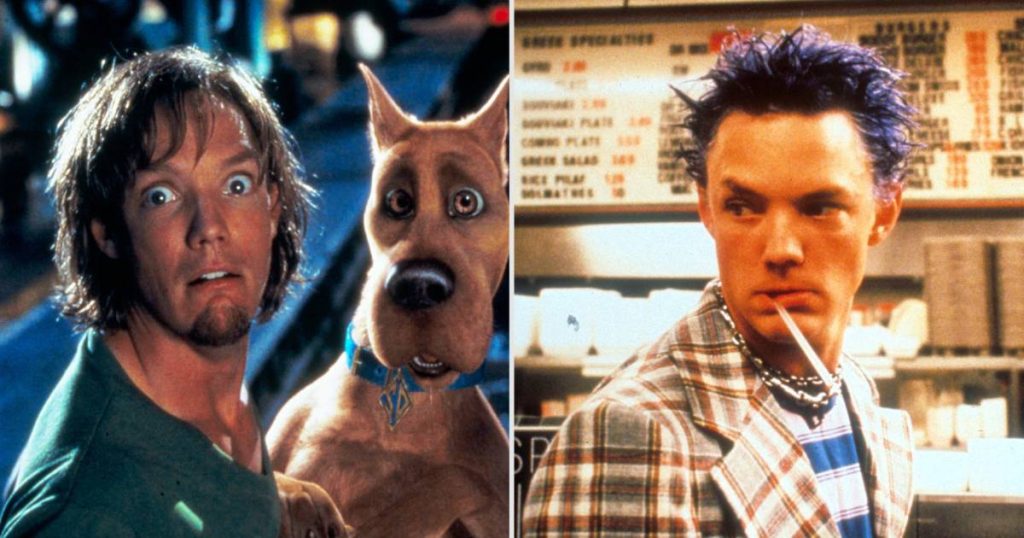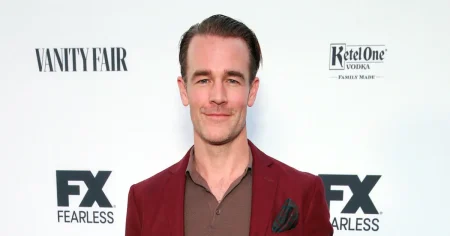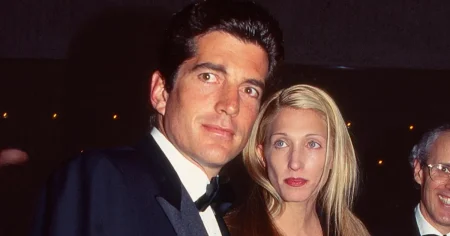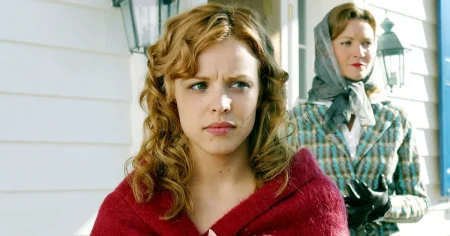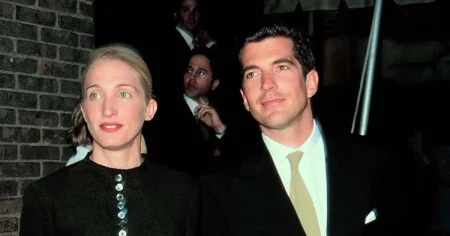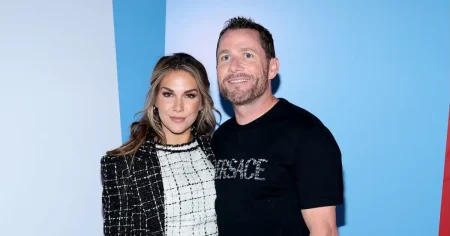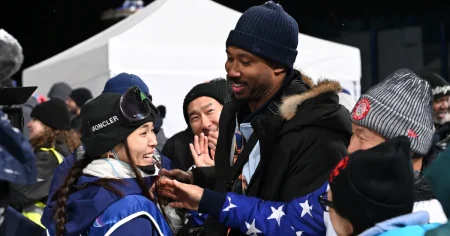Matthew Lillard, a prominent figure in 90s and early 2000s cinema, solidified his place in millennial pop culture through a diverse range of roles, from romantic comedies to horror films. His comedic timing and captivating screen presence made him a sought-after actor, appearing in various cult classics. Lillard’s career trajectory, initially driven by a forward-looking ambition, has evolved into an appreciation for his past accomplishments. Director Wes Craven, recognizing Lillard’s potential early on, predicted his future Academy Award win. While Lillard initially focused on future projects, he has recently embraced his past roles, recognizing the significance of his contributions to film. This shift in perspective coincides with a resurgence in his career, starring in contemporary hits like “Good Girls” and “Five Nights at Freddy’s,” solidifying his enduring appeal and versatility.
Lillard’s journey through the world of film began with the dark comedy “Serial Mom” (1994), marking his entry into the horror genre. Playing the son of a murderous housewife, Lillard showcased his comedic talent within a darkly humorous context. This role paved the way for his future success in horror-comedy films. He further demonstrated his range in “Mad Love” (1995), a dark romance where he played a supporting role. While brief, his appearance alongside established stars showcased his ability to hold his own among prominent actors. The same year, Lillard starred in the cyberpunk thriller “Hackers” alongside Angelina Jolie. This film presented a more serious tone for Lillard, demonstrating his adaptability across genres.
Lillard’s breakout role came in 1996 with Wes Craven’s “Scream.” His portrayal of Stu, the seemingly affable yet ultimately unhinged killer, cemented his status as a horror icon. Lillard’s improvisational skills contributed memorable lines to the film, and his character’s gruesome demise remains a highlight of the franchise. The enduring popularity of Stu has led to fan theories and desires for his return, highlighting the impact of Lillard’s performance. Moving away from horror, Lillard embraced the offbeat comedy “SLC Punk!” (1998), playing Stevo, one of two punks navigating the conservative landscape of Salt Lake City. This film showcased Lillard’s comedic prowess and his ability to shine within an ensemble cast.
Continuing his foray into diverse genres, Lillard joined the cast of the teen romantic comedy “She’s All That” (1999). As Brock Hudson, a self-absorbed reality star, Lillard played a character often perceived as the antagonist. Despite this, his memorable lines, distinctive style, and impressive dance moves made Brock a fan favorite, adding a unique layer to the film’s dynamics. Lillard reunited with Freddie Prinze Jr. in the 2001 romantic comedy “Summer Catch,” providing comedic relief as baseball player Billy Brubaker. While the film itself followed typical early-2000s rom-com tropes, Lillard’s performance added a distinct charm to the ensemble cast.
Lillard returned to the horror genre in 2001 with “Thir13en Ghosts,” shifting from comedic roles to a more suspenseful and terrifying experience. As ghost hunter Dennis, Lillard took on the role of the pursued rather than the pursuer, demonstrating his versatility in portraying both victims and villains. This film highlighted his ability to navigate the complexities of the horror genre, showcasing his acting range beyond comedic roles.
Perhaps Lillard’s most iconic role came in 2002 with the live-action adaptation of “Scooby-Doo,” where he embodied the beloved character of Shaggy Rogers. Lillard’s portrayal captured Shaggy’s nervous energy and goofy charm, translating the animated character seamlessly into live-action. His performance resonated so strongly that he reprised the role in the sequel and became the official voice of Shaggy in subsequent animated productions. This cemented Lillard’s connection to a generation who grew up with the iconic cartoon character, further solidifying his place in pop culture history.
Lillard’s career trajectory shows a willingness to embrace different genres and challenge himself as an actor. His ability to embody both comedic and dramatic roles, transitioning seamlessly between genres, makes him a versatile and enduring figure in the entertainment industry. From horror villain to lovable sidekick, Lillard’s memorable performances have resonated with audiences for decades, guaranteeing his place as a prominent figure in 90s and early 2000s cinema. His willingness to embrace his past accomplishments while continuing to explore new opportunities ensures his continued relevance in the ever-evolving world of entertainment.
